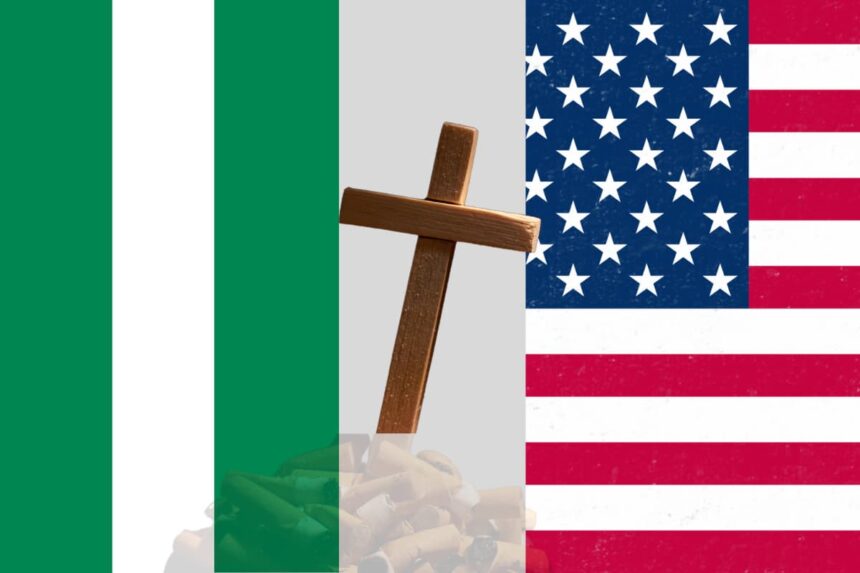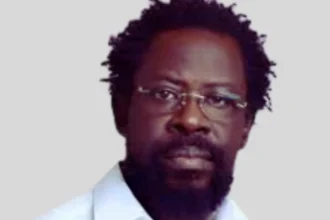Amid concerns over religious violence in Nigeria, the government has dismissed claims of targeted killings of Christians, asserting that such reports are misleading and politically motivated. The Ministry of Foreign Affairs stated that these allegations are part of a broader effort to pressure foreign governments, particularly the United States, into designating Nigeria as a ‘Country of Particular Concern.’
In a statement released on Friday, Acting Spokesperson Kimiebi Ebienfa emphasized that while Nigeria faces security challenges, these issues are not rooted in religious persecution but rather in widespread criminality, insurgency, and banditry, especially in the northern regions.
The controversy follows a recent congressional hearing in the United States, during which the House Foreign Affairs Subcommittee on Africa authorized former President Donald Trump to impose sanctions on Nigeria over alleged attacks on Christian communities. Lawmakers expressed frustration at what they perceived as the Nigerian government’s failure to safeguard religious groups from violence.
During the hearing, a report from the Observatory for Religious Freedom in Africa was cited, claiming that Nigeria accounted for 90% of all Christians killed globally each year. Between October 2019 and September 2023, the report alleged that over 55,000 individuals were killed, and an additional 21,000 were abducted by terrorist groups.
The Nigerian government, however, strongly refutes these figures and interpretations. According to the Ministry, characterizing the country’s security crisis as religious persecution is inaccurate and does not reflect the complexity of the situation. The government maintains that violence in Nigeria affects people of all faiths and is driven by broader socio-economic and security issues.
To address the ongoing threats, President Bola Ahmed Tinubu’s administration has intensified efforts to combat insurgency and banditry through increased military operations, intelligence gathering, and community-based conflict resolution strategies. Additionally, initiatives such as the national livestock plan aim to reduce tensions between farmers and herders, a significant source of communal clashes.
The Ministry of Foreign Affairs urged international stakeholders to verify information before making claims that could escalate tensions. It also called on media organizations, civil society groups, and foreign partners to avoid spreading unverified reports that might undermine national unity and stability.
Reaffirming Nigeria’s commitment to religious tolerance and peaceful coexistence, the Ministry concluded, “Nigeria remains dedicated to fostering harmony among its diverse population. While we appreciate constructive dialogue and international support in addressing security challenges, we strongly reject any attempts to distort the nation’s reality or incite division among its people.”


















